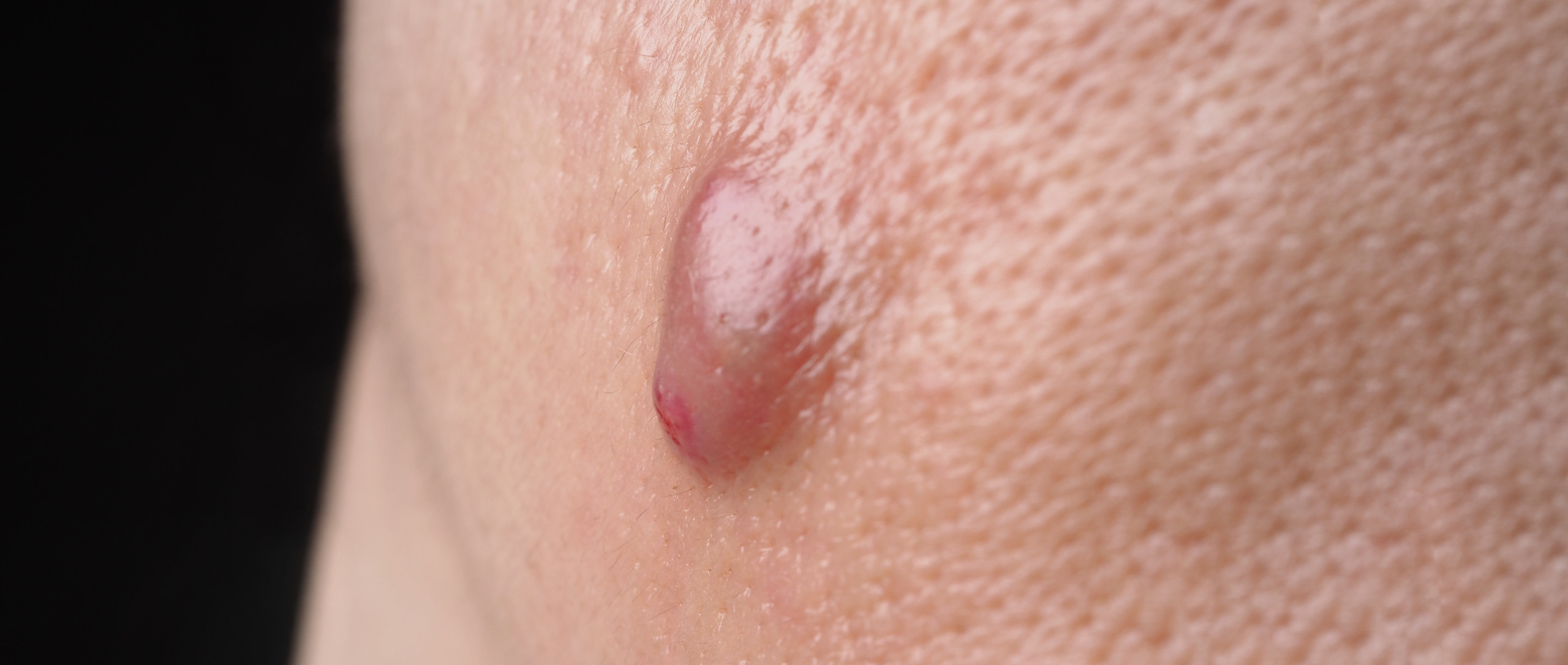Erosive Arthritis: How This Autoimmune Disease Starts in Your Gut
Erosive arthritis is one of the most aggressive and destructive forms of arthritis that can affect your joints, especially in your hands and feet. It causes severe inflammation, pain, and erosion of the bone and cartilage, leading to deformities and disability. Erosive arthritis is not just a problem of the joints. It’s also an autoimmune disease that can affect your whole body and your overall health.
Understanding Erosive Arthritis: Symptoms, Causes, and Treatments
Arthritis is an umbrella term that encompasses several conditions that affect the joints, bones, and muscles. One of the rarest and most severe types of arthritis is erosive arthritis. This condition can be debilitating, making everyday tasks, such as holding a pencil or opening a jar, challenging.
- Connection between leaky gut syndrome and erosive arthritis
- How erosive arthritis causes or worsens leaky gut syndrome
- How to diagnose and treat erosive arthritis
- How to prevent or heal erosive arthritis with diet and lifestyle changes
What Is Leaky Gut Syndrome and How Does It Cause Autoimmune Diseases?
Leaky gut syndrome occurs when the lining of your intestines becomes damaged and permeable, enabling undigested food particles, toxins, bacteria, and harmful substances to seep into your bloodstream. This prompts an immune response as your body attempts to defend against these foreign intruders. However, it also leads to persistent inflammation, which can gradually harm your tissues and organs.
Leaky gut syndrome is the underlying cause of many autoimmune diseases, including rheumatoid arthritis, lupus, multiple sclerosis, psoriasis, and erosive arthritis. Autoimmune diseases occur when your immune system erroneously targets your own cells and tissues, resulting in a range of symptoms and complications. This happens due to molecular mimicry, where substances leaking from your gut resemble your body’s own tissues, leading to confusion in the immune system and attacks on both.
For example, lectins are a type of protein found in many plant foods, such as grains, legumes, nightshades, nuts, seeds, and dairy products. Lectins can cause leaky gut syndrome by binding to your gut lining and breaking down the tight junctions that hold it together. Lectins also resemble some of the proteins found in your joints, such as collagen and elastin. So when lectins leak into your bloodstream, your immune system may attack your joints as well. This can lead to erosive arthritis and other joint problems2
How Does Erosive Arthritis Cause or Worsen Leaky Gut Syndrome?
Erosive arthritis can contribute to the development or aggravation of leaky gut syndrome through various mechanisms. The inflammation caused by erosive arthritis in the joints can extend to the intestines, leading to damage to the gut lining. Erosive arthritis can disrupt hormonal balance, which can increase intestinal permeability and promote the growth of harmful gut bacteria.
Erosive arthritis can influence dietary and lifestyle choices, which can impact gut health as well. Many individuals with erosive arthritis experience discomfort or pain after consuming certain foods, including gluten, dairy, soy, red meat, sugar, caffeine, alcohol, or spicy foods. These foods can irritate the gut lining and contribute to or worsen leaky gut syndrome, as they may fuel the growth of harmful gut bacteria.
Additionally, individuals with erosive arthritis often rely on medications or surgeries to manage symptoms and improve joint function. However, these treatments can also have detrimental effects on gut health.
- Antibiotics can kill off infections but can also destroy the good bacteria in your gut and increase the risk of fungal overgrowth or antibiotic-resistant bacteria.
- Nonsteroidal anti-inflammatory drugs (NSAIDs), such as aspirin or ibuprofen, can reduce inflammation and pain in the short term but can also damage your gut lining and increase intestinal permeability in the long term.
- Corticosteroids or immunosuppressants can suppress inflammation and immune activity but can also wipe out the good bacteria in your gut and create an imbalance in your gut microbiome (the community of beneficial bacteria in your gut).
- Surgeries such as joint replacement or fusion can restore joint mobility or stability but can also cause trauma to your intestines or introduce infections into your abdominal cavity.
How To Diagnose and Treat Erosive Arthritis and Leaky Gut Syndrome?
Symptoms: Erosive arthritis symptoms usually start with mild joint pain and stiffness, which could gradually worsen over several weeks or months. Patients often experience severe pain in the fingers, toes, wrists, and ankles. The joints may become red, swollen, and feel tender to the touch. In advanced cases, erosive arthritis can cause deformities in the joints and even lead to bone erosion, which could ultimately affect the ability to walk, run, or perform simple daily tasks.
Diagnosis: It can be challenging to diagnose erosive arthritis because the symptoms overlap with other types of arthritis. However, imaging tests such as X-rays, MRI scans, and ultrasounds can help identify joint damage and erosion. Blood tests can also detect the presence of certain autoantibodies, which can point towards an autoimmune disease. A rheumatologist should be consulted for a diagnosis and treatment plan.
To make a diagnosis, your doctor will need to take a detailed medical history, perform a physical examination, and order some tests to confirm your condition. These tests may include:
- Blood tests to check for inflammation, hormones, antibodies, or infections
- Urine tests to check for toxins or infections
- Stool tests to check for parasites, bacteria, or yeast
- Breath tests to check for bacterial overgrowth or food intolerances
- X-rays or MRI scans to check for joint damage or erosion
- Ultrasound or arthroscopy to check for joint inflammation or fluid
The treatment of erosive arthritis and leaky gut syndrome depends on the severity and cause of your condition. Some of the possible treatments include:
- Medications or supplements to reduce inflammation, regulate hormones, balance gut bacteria, or heal the gut lining
- Dietary changes to eliminate foods that cause leaky gut syndrome or erosive arthritis symptoms and to include foods that support gut health and joint health
- Lifestyle changes to reduce stress, improve sleep, exercise moderately, and avoid toxins or infections
- Alternative therapies such as acupuncture, massage, yoga, meditation, or herbal remedies to relieve pain, inflammation, or stress
- Surgery to remove joint lesions or replace damaged joints if medications or other treatments fail or if joint function is severely impaired
Women are more likely to develop erosive arthritis than men, and it typically affects individuals aged 40 to 60 years old. Other factors that may contribute to erosive arthritis include genetics, hormonal imbalances, and environmental triggers (e.g., infection, smoking, or stress).
How To Treat Erosive Arthritis with Diet and Lifestyle Changes?
Treatment: Erosive arthritis is a chronic condition, and diet and lifestyle changes along with physical therapy can be helpful with eliminating pain, improving joint mobility, strength, and flexibility.
- Eat a balanced diet that is rich in plant-based foods, healthy fats, and lean proteins. Avoid foods that are high in sugar, refined carbs, lectins, gluten, dairy, soy, corn, and nightshades. These foods can trigger inflammation, disrupt your gut microbiome, and impair your immune system3
- Drink plenty of water and stay hydrated throughout the day. Dehydration can worsen your symptoms and affect your blood volume and pressure.
- Avoid alcohol, caffeine, nicotine, and drugs that can interfere with your gut function. These substances can cause dehydration, increase your heart rate and blood pressure, and affect your mood and sleep quality.
- Manage your stress levels and practice relaxation techniques. Stress can activate your sympathetic nervous system (the fight-or-flight response) and cause a surge of adrenaline and cortisol. This can exacerbate your symptoms and damage your nerves over time.
- Get enough sleep and follow a regular sleep schedule. Sleep is essential for repairing your body and regulating your hormones. Lack of sleep can impair your cognitive function, mood, metabolism, and immune system.
- Exercise moderately and regularly but avoid overexertion or extreme temperatures. Exercise can improve your cardiovascular health, muscle tone, blood flow, and mood. However, too much exercise or exposure to heat or cold can trigger your symptoms and cause a drop or spike in your blood pressure or heart rate.
- Maintaining a healthy weight can reduce stress on the joints and prevent further damage.
Erosive arthritis is more than just a joint issue – it’s an autoimmune disease that starts in your gut. Understanding this connection is crucial for finding effective treatment options that address the full scope of your health. By advocating for comprehensive and individualized care, you can take control of your health and improve your overall well-being.
Establishing an early diagnosis and treatment plan for erosive arthritis is crucial to prevent joint damage and improve quality of life. If you experience any of the symptoms mentioned above, please consult your healthcare provider. Remember, making practical lifestyle choices such as staying active, maintaining a healthy diet, and quitting smoking can help improve your overall health and well-being. With the right treatment and care, individuals with erosive arthritis can manage their symptoms and lead a fulfilling life.
Get personalized care and recommendations for Erosive Arthritis from Dr Gundry-Approved program
If you’re looking for more guidance about Erosive Arthritis disease than this short list of recommendations, Dr. Gundry’s unique health program is now available to you (without needing an appointment at one of Dr. Gundry’s two, waitlist-only West Coast clinics).
Thanks to the pioneering work of Dr. Gundry and his team at Gundry Health, patient care team trained in Dr. Gundry’s unique holistic methods are now available to help you craft your own personalized Erosive Arthritis program.
It’s easy to get started.
Simply click the link below to get more information about personalized Erosive Arthritis treatment plan options, so you can get expert analysis, diagnostic care, and a plan for tackling lupus, arthritis, or other autoimmune diseases.
Each patient care team member at Gundry Health is Board Certified and trained in Dr. Gundry’s renowned approach to functional medicine and care.
Get your personal lab data and talk to a U.S. licensed doctor. Click Here.








